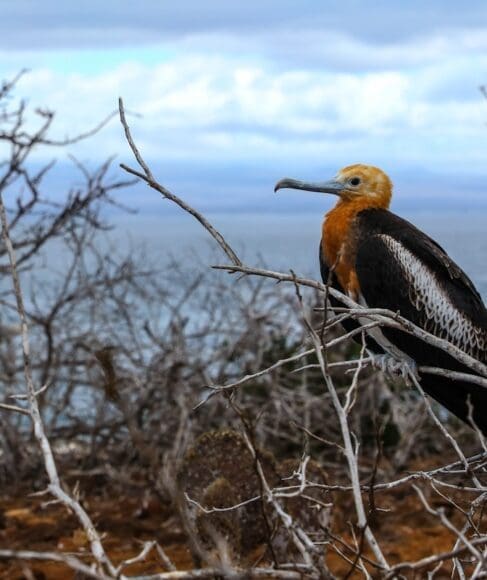While all theories suggest that life was born from the sea as an incubator that gave rise to species; The action of man and recent natural disasters such as the tsunami of March 11, 2011, are concerned about their impact on marine life, ecosystem sustainability and even navigation.
Those images that we all cherish of the devastation of the Japanese tsunami, and the loss of human life, were only part of what was then washed out to sea and has been floating and dispersing for thousands of miles.
In that case, which is one of the most impressive and graphic that has ever been seen, it razed and transported to the Pacific Ocean an estimated 25 million tons of remains of houses, boats, vehicles, tires, wood, plastic, among everything that This phenomenon crushed the coastal cities of Japan; and although at first it was thought that it was a gigantic floating island of rubble that floated by the sea, it soon began to reduce and decompose into fragments, many of which, the heaviest, have already sunk and have been dispersed throughout the seabed of the ocean.
However, the lighter ones have already reached the coasts of Canada and the North of the United States. And yet, like a movie of ghost ships, vessels have appeared that were dragged out to sea, floating by sea, which have had to be sunk by the United States Coast Guard because of the danger they represent to commercial navigation.
Marine debris has many origins: From the debris of maritime transport such as ships and cruise ships are indiscriminately thrown into the sea as they are not supervised in the open sea by any authority, abandoned fishing nets that trap large marine mammals; to all kinds of garbage that from the mouth of the rivers reach the sea and are washed hundreds of kilometers by the marine currents.
The ecological impact of marine litter has been analyzed by many international organizations, however the vastness of the territory, the depth of the sea, the action of the winds, currents and tides have dispersed the remains, and they are returning them as It is estimated that they will arrive again in Hawaii in a worrying ecological alarm, with no practical and viable plans to recover the current damage.
The effects of marine pollution on coral reefs and in marine ecology they are simply unthinkable. As well as the radiation levels that are still being detected with the heavy water with which the Fukushima reactors are cooled, and discharged into the sea; whose radioactive traces are already detected in fish thousands of kilometers from the affected area.
Every time you use packaging, we have no choice but to ask you to use packaging that can be recycled. Be aware, do not throw garbage on the street, and if you are on the beach and see garbage on the shore, just think:
Where does it come from, how long has it been browsing, and how long will it take to break down?
Do not just contemplate it, pick it up and put an end to its journey, because you do not know how many lives of marine animals (dolphins, turtles, fish, corals, whales, etc. ) you'll be saving before a wave throws it back into the sea.
Much of this plastic is persistent solid material that does not completely disintegrate and becomes microplastic, small particles that sink from the surface where it floats and is consumed by fish and integrated into the food chain toxically, passing through the food chain from species to species until it reaches your plate.
We cannot provide natural disasters yet, but we can provide the disaster that humans are leaving through unconsciousness. You are part of the solution, don't be part of the problem!
Frequently asked questions from our readers:
Marine environment sea birds marine litter global warming Marine contamination
Last modified: April 14, 2024










